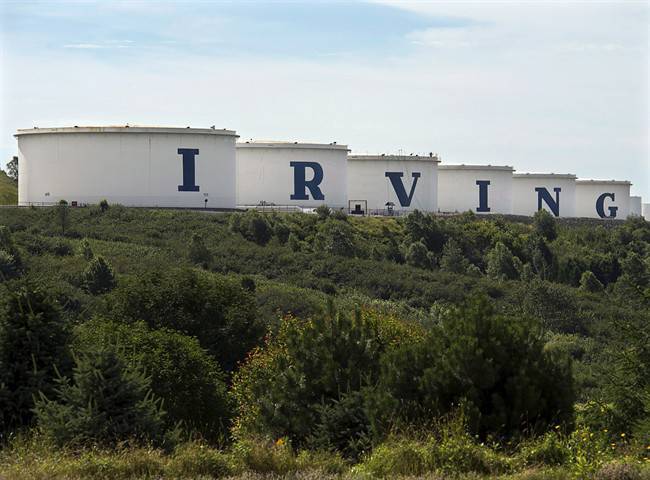Commentary | Moe Qureshi
Critics of Canada’s new Clean Fuel Regulations have dubbed it a “second carbon tax,” prompting many to blame the federal government for the expected 8-cent gas price increase in July.
New Brunswickers have the right to be upset, but they should focus their frustration on the real culprit.
The federal government targeted primary refiners and oil producers with the Clean Fuel Regulations to encourage innovation. Federal Minister of Environment and Climate Change, Steven Guilbeault, announced they would provide the affected companies with several options for cleaning up their pollution without the need to impose extra costs on middle-class consumers. Conversely, New Brunswick Minister of Natural Resources and Energy Development, Mike Holland, claimed these new regulations would hurt mom-and-pop gas stations. But those claims could not be farther from the truth.
In reality, the Clean Fuel Regulations have zero impact on distributors; they only apply to primary suppliers who produce or import liquid fossil fuels.
So, if these new regulations are meant to target petroleum producers, why are New Brunswickers paying for them?
The short answer: The New Brunswick government has created a loophole that allows petroleum producers to pass these additional costs on to consumers.
This loophole—known as the “carbon adjuster”—was passed by the Energy and Utility Board just two weeks ago, on June 13.
Under this new “carbon adjuster” provision, New Brunswick refineries are allowed to charge consumers for costs associated with cleaning up their fuel, rather than investing in clean fuels, technologies, and processes themselves. Even before incurring any expenses, refineries can shift these costs to consumers.
Additionally, there is also no reason to increase costs at this time. Refineries still have another entire year, up to July 2024, to either meet the compliance requirements or buy credits to offset their emissions.
To make matters worse, the formula used to calculate the carbon adjuster is also flawed. It has two major issues which unnecessarily and unfairly increase the cost passed onto consumers:
1) The formula uses the current price of carbon in California which is three times higher than what it should be, and
2) The formula inflates the predicted cost of compliance credits by assuming refineries will opt for the most expensive option available, when in reality they will likely choose a cheaper compliance option.
In fact, New Brunswick refineries earn more than enough profit to cover their own compliance costs without passing it on to consumers. According to the average retail prices for regular gasoline in Fredericton, the yearly profit margin for refineries rose from 9.33 cents per litre in 2019 to 27.36 cents per litre in 2022. That’s a whopping 293% increase, in only three years.
Did any other New Brunswickers see their profit margins triple over three years?
While countries like the UK recently introduced a windfall tax that forces polluting companies with record-breaking profits to pay their fair share, New Brunswick is creating loopholes that boost the profit margins of these companies at the expense of the middle class.
New Brunswick consumers are being saddled with higher-than-necessary fuel costs based on flawed and exaggerated estimates, while refineries enjoy higher profit margins with zero obligation to return excess revenue.
Clearly this is not how these regulations are intended to function. The federal Clean Fuel Regulations were negotiated over a seven-year period with input from provinces, industry representatives, and environmental stakeholders. These regulations play a crucial role in Canada’s efforts to reduce greenhouse gas emissions and fulfill its commitments under the Paris Agreement.
Sadly, industry lobbying efforts and concessions from provinces have weakened the potential impact of these important regulations. Delays—such as the postponement from 2020 to 2023 and the exclusion of heating oil, gaseous and solid fuels—have hindered their effectiveness and limited their scope.
With energy poverty on the rise in Atlantic Canada, it is both unreasonable and irresponsible for petroleum producers to pass on the costs of their inaction to consumers, particularly in these times of record profits.
So, when you see that controversial fuel price increase in July, remember that your provincial government and Energy and Utility Board deliberately chose oil companies over New Brunswickers.
This article appeared in the Telegraph Journal on Sunday, July 2, 2023.

